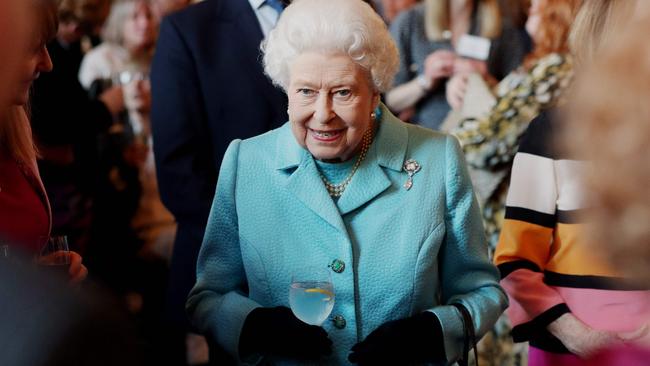Brexit: Lawyers clash over role of Queen
Legal experts are clashing over the potential role of the Queen should she be drawn into the Brexit deadlock.

Top constitutional lawyers and academics have been debating what would happen if ministers advised the monarch to withhold royal assent to a new bill passed by parliament.
The legislation is unusual because parliament is instructing the executive government on a course of action that is contrary to its wishes on setting an Article 50 extension date.
Lord Pannick, QC, a Times Law columnist, wrote to The Times this week along with professors from several leading universities to say that urging the Queen to withhold her assent would be “utterly without precedent”.
The letter pointed out that parliament’s website states: “The Queen’s agreement to give her assent to a bill is a formality.” They highlighted that no monarch has withheld royal assent since Queen Anne in 1708.
“Given that Brexit is the most politically explosive and divisive issue of our day,” the group wrote, “the notion of involving the Queen in vetoing a Brexit bill ought to be regarded as inconceivable.”
However, on Thursday another senior legal academic took issue with that view.
Rodney Brazier, professor of constitutional law at Manchester University, argued that it would be unconstitutional for the Queen to refuse to follow the advice of her ministers.
Ultimately, he said, the constitution dictated that the monarch must do what ministers advised her to do.
“Few actions more dangerous to the perceived and vital political neutrality of constitutional monarchy could be imagined,” Professor Brazier wrote, “than the Queen rejecting the government’s advice.”
He added that “the convention that the Queen acts on ministerial advice is based in democracy”.
However, Professor Mark Elliott from Cambridge University and Gavin Phillipson, a law professor at Bristol University, both signatories to the first letter, write in a letter to The Times on Friday that their Manchester counterpart has misunderstood the argument.
The point, they write, “is not directed at what the Queen should do but at what the government should not do”.
Ministers should not “advise refusal or consent in the first place”. The pair add: “The Queen must not be placed in the acutely difficult position of having to choose between rejecting ministerial advice or vetoing — for the first time in 300 years — a bill surrounded by the most intense political controversy.”
The Queen has delved into the Brexit debate previously. In her Commonwealth Day speech in March, commentators made much of her remark that Britain was going through “times of great change”.
In January, she told the Sandringham Women’s Institute that people should generally seek “common ground”.
The Times


